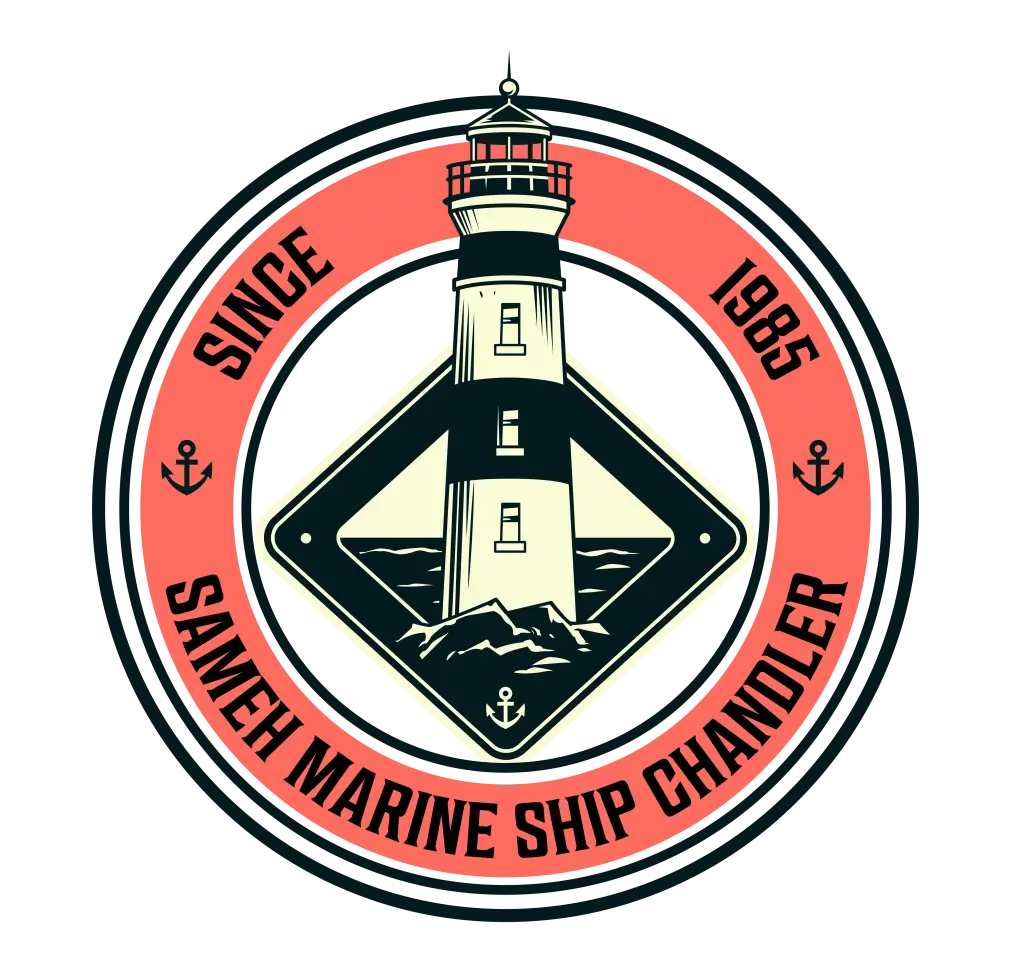As ships traverse the historic Suez Canal, guaranteeing a reliable freshwater supply is paramount for smooth operations and the well-being of crew members. In this comprehensive guide, we’ll explore the challenges and solutions related to freshwater supply for ships navigating the Suez Canal, covering everything from understanding freshwater sources to ensuring quality and reliability and also providing maritime chandlers services.
Introduction
Freshwater supply is essential for ships transiting the Suez Canal, supporting various onboard operations, including drinking, cooking, and machinery cooling. Despite the vital importance of freshwater, maritime operators face challenges in securing a consistent supply in the arid regions surrounding the canal. This guide provides essential information for navigating these challenges and ensuring a reliable freshwater supply for ships in the Suez Canal.
Understanding Freshwater Supply for Ships
Freshwater supply for ships in the Suez Canal comes from various sources, including
- Shore-based Facilities: Ports along the canal may offer freshwater supply services to visiting vessels.
- Desalination Plants: Some ports and facilities have desalination plants that convert seawater into freshwater.
- Water Tanker Services: Dedicated water tanker vessels provide freshwater delivery directly to ships in need.
- Onboard Water Treatment Systems: Ships may be equipped with water treatment systems to purify seawater or freshwater for onboard use.
Understanding these sources is crucial for maritime operators seeking to secure a reliable freshwater supply for ships.
Challenges of Freshwater Supply in the Suez Canal Region
The Suez Canal region presents several difficulties for freshwater supply:
- Limited Availability: Arid climates and limited freshwater sources in the surrounding areas pose challenges to securing a consistent supply.
- Quality Concerns: Freshwater quality may be compromised due to contamination or salinity intrusion, affecting its suitability for onboard use.
- Logistical Constraints: Delivering fresh water to ships transiting the canal requires efficient logistics and infrastructure.
Navigating these challenges requires careful planning and collaboration with reliable freshwater supply providers.
Solutions and Services Offered for Freshwater Supply
Several solutions and services are available to address freshwater supply needs in the Suez Canal region:
- Desalination Plants: Facilities equipped with desalination technology can produce freshwater from seawater, providing a reliable source for ships.
- Water Tanker Services: Dedicated water tanker vessels transport freshwater to ships directly, ensuring timely delivery and replenishment.
- Onboard Water Treatment Systems: Ships equipped with water treatment systems can purify seawater or freshwater for onboard use, reducing dependency on external sources.
Exploring these options allows maritime operators to identify the most suitable solution for their freshwater supply needs.
Ensuring Quality and Reliability of Freshwater Supply
Quality and reliability are paramount when selecting freshwater supply services:
- Water Quality Testing: Regular testing ensures that freshwater meets quality standards and is safe for onboard use.
- Compliance with Regulations: Suppliers must adhere to international regulations governing freshwater quality and supply.
- Reliability of Services: Choosing reputable suppliers with a track record of reliability ensures consistent and timely freshwater delivery.
By prioritizing quality and reliability, maritime operators can mitigate risks and ensure uninterrupted freshwater supply for ships and Maritime Deck Cleaning Chemicals supply.
Environmental Sustainability in Freshwater Supply
Environmental sustainability is a growing concern in freshwater supply:
- Eco-Friendly Practices: Suppliers are increasingly adopting eco-friendly practices and technologies to minimize environmental impact.
- Water Conservation Measures: Implementing water conservation measures helps reduce water wastage and preserve freshwater resources.
- Renewable Energy Integration: Using renewable energy sources to power desalination plants reduces reliance on fossil fuels and minimizes carbon emissions.
By embracing sustainable practices, maritime operators can contribute to environmental conservation while ensuring a reliable freshwater supply.
Read also Luxury Bath Amenities for Ship Crew
Future Trends and Innovations
Future trends and innovations in freshwater supply include:
- Advancements in Desalination Technology: Ongoing research and development are driving improvements in desalination efficiency and cost-effectiveness.
- Smart Water Management Systems: Integration of IoT technology and data analytics enables proactive monitoring and management of freshwater supply systems.
- Collaborative Initiatives: Partnerships between stakeholders facilitate innovation and knowledge sharing in freshwater supply management.
By staying abreast of these trends, maritime operators can anticipate future challenges and opportunities in freshwater supply.
Conclusion
Securing a reliable freshwater supply is essential for ships navigating the Suez Canal. By understanding the challenges and solutions related to freshwater supply, maritime operators can ensure smooth operations and the well-being of crew members. By prioritizing quality, reliability, and sustainability, vessels can navigate the historic waterway with confidence and efficiency.
